People love discussing rags-to-riches stories and dramatic turns of fortunes, such as “he built a skyscraper, hosted banquets, and then saw it all collapse.” They especially enjoy talking about tales of comebacks from hopeless situations, when a king returns to the throne. However, Jia Yueting stumbled on the third step, after taking the first two of a three-step journey.
Faraday Future, the once imaginative smart electric car startup that Jia Yueting built from scratch, has gone cold.
On October 7th, the Hengda Health Industry Group announced that revitalized FF had once again fallen into the center of public opinion vortex:
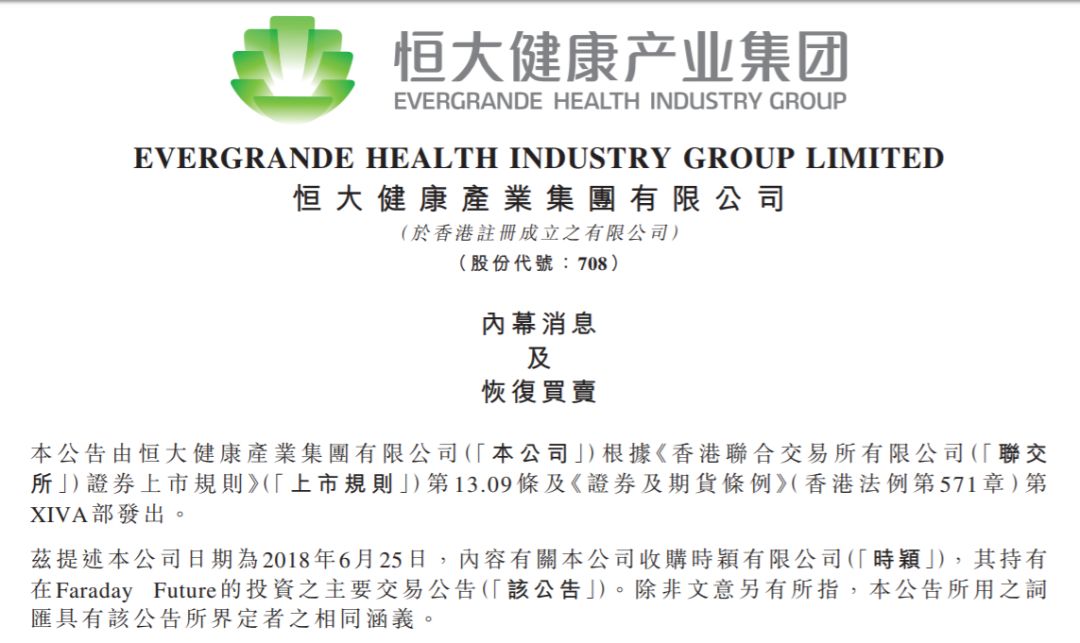
The announcement covered two matters:
-
In July 2018, FF had spent the first $800 million investment from Hengda and requested an additional $700 million from them. Hengda signed a supplementary agreement with FF and agreed to pay an extra $700 million, subject to payment conditions.
-
In the absence of payment, on October 3rd, FF initiated arbitration against Hengda at the Hong Kong International Arbitration Center (HKIAC), demanding that Hengda be deprived of its right as a shareholder and withdraw from all agreements.
Since Jia Yueting’s credit rating was already bankrupt with LeEco, public opinion on the internet began focusing more on real estate giants Sun Hongbin and Xu Jiayin’s joining hands with Jia and failing together. Jia was logically confirmed as a “cheat.”
I don’t overlook Jia Yueting’s poor commercial credit, but I still prefer to pay attention to the actual events. Below is my opinion: After this incident, the future prospects for FF are increasingly pessimistic. Perhaps it’s time to take stock of and summarize FF, the new business initiated by Jia Yueting on November 26, 2014.
Spent $800 million in 35 days?
According to the announcement, Hengda had already paid the $800 million previously agreed, which was due by the end of 2018, on May 25th, but by July, the $800 million “had been basically spent.” Does this mean that FF spent $800 million in 35 days?
Perhaps we need a deeper understanding of the background of this investment. The official explanation was that “FF completed the first round of financing of $2 billion,” which was divided into three steps: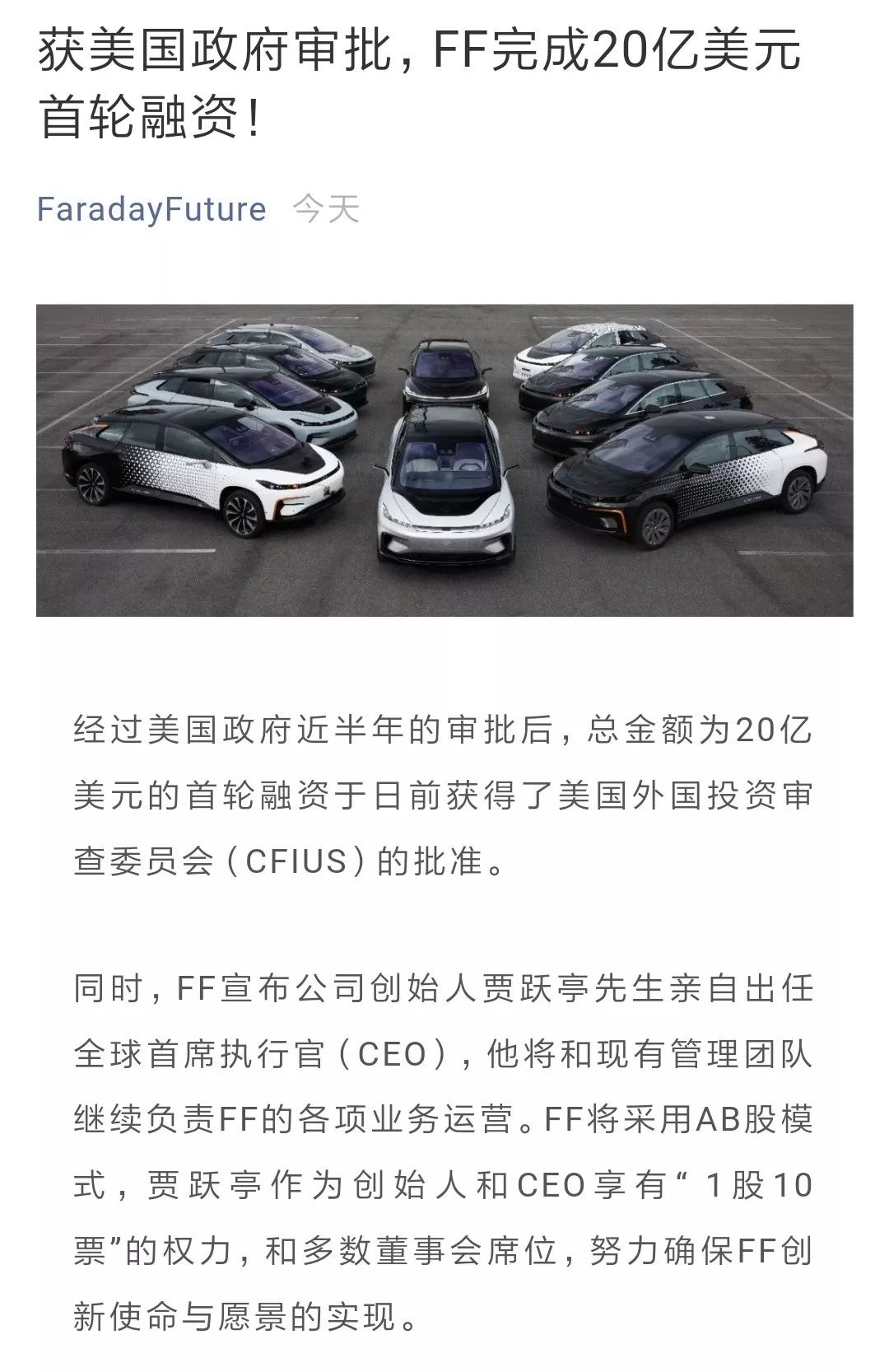
- Cash payment of HKD 6.747 billion (equivalent to USD 821.52 million) by July 3, 2018 at the latest
- Further investments of USD 600 million by the end of 2019 and 2020 respectively, totaling exactly USD 2 billion
So, where did the HKD 6.747 billion come from? On June 25th, Health Big Data(Hengda) announced its acquisition of all shares of Hong Kong Smart Timing Limited for HKD 6.747 billion (equivalent to USD 821.52 million). Hong Kong Smart Timing had already invested USD 800 million in FF by November 30th, 2017.
In other words, only HKD 821.52 million of Hengda’s money was used to acquire Hong Kong Smart Timing’s FF shares. The actual USD 800 million needed to maintain FF’s daily operations was paid by Hong Kong Smart Timing at the end of 2017.
So, the next question is, is it reasonable for FF to burn through USD 800 million in 8 months?
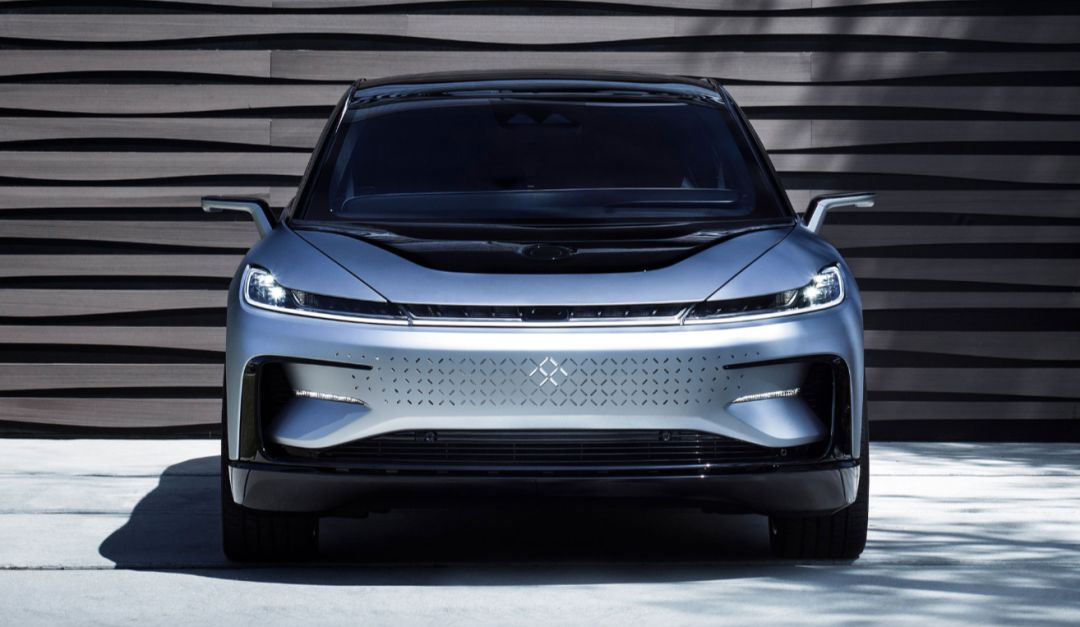
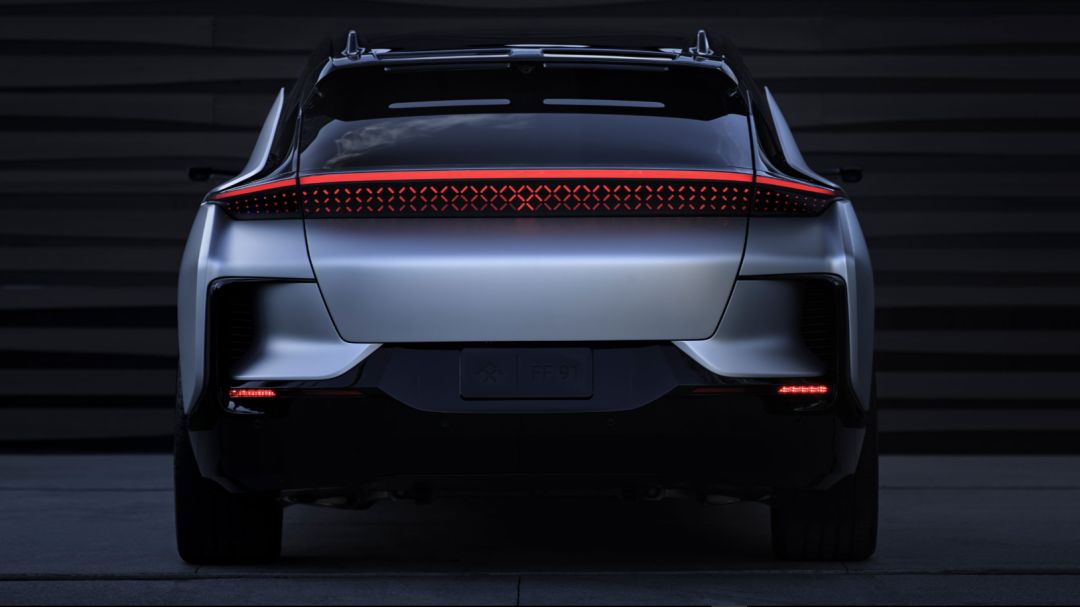
First of all, the FF91 is a product with innovative concept and forward-looking design. As a result, the challenge that comes with it is that its positioning is even higher than that of the most high-end cross-border smart electric vehicle Model X on the market. From the perspective of input-output, FF91’s product positioning requires technical expertise and capital challenges that are not very friendly to a start-up company.
After obtaining USD 800 million in financing in November last year, FF first solved nearly USD 100 million in debt owed to suppliers. In addition, it also needed to repay employee year-end bonuses and wages dating back to 2016.
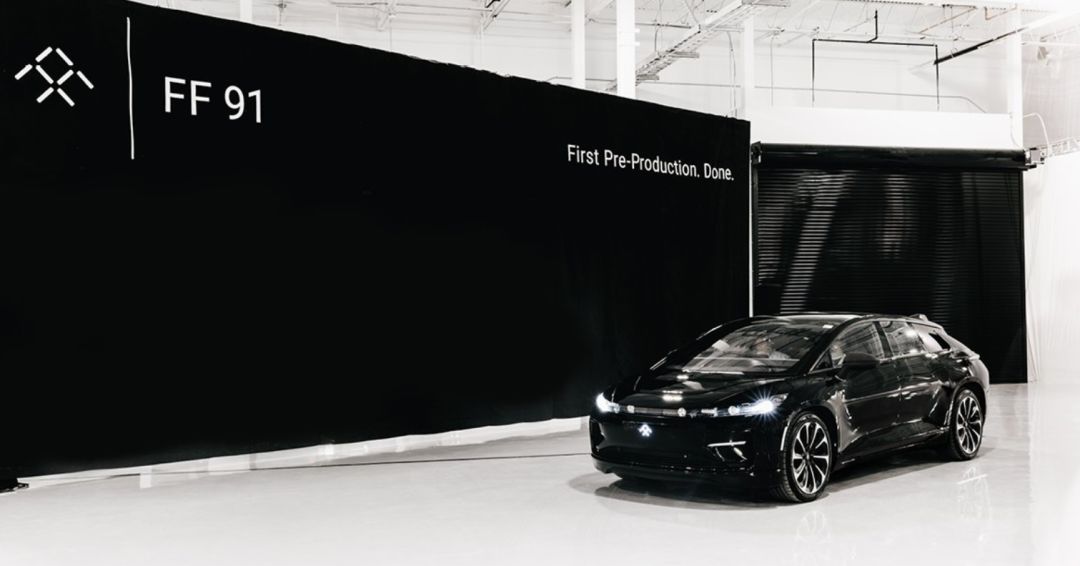 After that, the FF factory in Hanford, California officially started, and the FF Global Supplier Summit was held. Many executives from finance, administration, legal, product, government affairs and other fields joined, and the whole vehicle speed verification test was launched…These are not landmark events, but they at least prove that this company has entered a normal operational rhythm after receiving investment, and continuous capital investment is a matter of course.
After that, the FF factory in Hanford, California officially started, and the FF Global Supplier Summit was held. Many executives from finance, administration, legal, product, government affairs and other fields joined, and the whole vehicle speed verification test was launched…These are not landmark events, but they at least prove that this company has entered a normal operational rhythm after receiving investment, and continuous capital investment is a matter of course.

Here is another new automaker positioned in the high-end (but lower than Tesla and FF) market for comparison. In the first half of 2018, NIO’s total operating expenses were RMB 3.186 billion yuan. Considering FF’s 2019 first delivery plan set for the FF91, it is currently in a phase of rapid expansion of capital expenditure. The expenditure of $800 million is not particularly excessive.
FF’s statement
Just now, the official WeChat account of FF published a statement refuting the claims made in Evergrande Health’s announcement. FF stated in the statement that in January 2018, FF and the investor confirmed the overall budget. Since then, the monthly operating reports have regularly synchronized the execution status of the fund budget and future fund plans with the investor, and all fund payments have been executed under the review of the financial staff appointed by the investor.
In July 2018, Evergrande took the initiative to propose signing a supplementary agreement, agreeing to pay in advance compared with the original plan. This information is also reflected in Evergrande’s announcement: Shi Ying (Evergrande’s representative) signed a supplementary agreement with Smart King (FF’s representative) and the original shareholder (Jia Yueting), and agreed to pay US$700 million in advance on the premise of meeting the payment conditions in order to support the development of Smart King (FF) to the greatest extent.
Up to this point, we can see that the information presented by both parties is basically the same. Continuing to read on, Evergrande’s announcement stated that Jia Yueting, as the majority director of Smart King, manipulated Smart King with his rights, and requested Shi Ying (representing Evergrande) to pay before the contractual payment conditions were met. On this basis, Evergrande filed an arbitration on October 3, 2018, requesting to revoke Evergrande’s approval rights for financing as a shareholder and canceling all agreements.
However, FF’s statement mentioned that Jia Yueting or other management of FF have no control over the board of directors. On the contrary, Evergrande failed to fulfill the commitment to pay in advance in the supplementary agreement, while Jia Yueting and FF have met the payment conditions required by the supplementary agreement. What’s more serious is that Evergrande prevented FF from accepting other short-term financing, intending to obtain control and ownership of FF China and FF Global’s IP.We have noticed that the two parties have completely conflicting views on a critical point, that is whether Jia Yueting and FF have met the conditions for prepayment.
According to sources, the first batch of FF91 deliveries in early 2019 will be a crucial point for Jia Yueting’s control of FF. If FF91 can be delivered on schedule, Jia Yueting will continue to serve as Global CEO, retaining 1 share with 10 voting rights. If there is a delay, Jia Yueting’s control of FF will face challenges.
This part explains why FF continued to push for the agreement of advance payments with Evergrande, and when Evergrande showed a negative attitude and immediately turned to third-party financing. When Evergrande prevented FF from accepting other financing, they chose arbitration, intending to terminate all previously reached agreements.
The key issue is that, for Jia Yueting, whose commercial credit record has gone bankrupt, even if FF successfully terminates all agreements with Evergrande, FF’s attractiveness to investors depends entirely on FF’s own imagination. Does FF still have imagination?
As a high-end intelligent electric vehicle manufacturer, FF needs to establish core capabilities in multiple dimensions such as three-electric powertrain, intelligentization, autonomous driving, interior and exterior design, engineering innovation, supply chain management, quality control, and production capacity ramp-up. However, the numerous distractions from 2016 to 2018 has made the production of FF91 a bumpy road.
From a human resources perspective, the team that efficiently created the FF91 under the previous LeEco & FF executive management has been completely disbanded, and executives’ frequent turnover is fatal to a start-up company. They have incubated/emerged several new car companies, including Huachen Automobile Group, Fulu Vehicle, Byton, EVELOZCITY, and others.
From a capital investment perspective, for example, Jia Yueting once said that the early stage of the LeEco Auto project spent more than RMB 10 billion of its own funds, but the efficiency of using these funds was very low. In late 2015, Jia Yueting continued to support LeSEE Super Electric Vehicle, FF, and Lucid Motors with funds, with each having their own factory plans in China and the United States.
Today, LeSEE Super Electric Vehicle no longer exists, and Lucid Motors is now controlled by the Saudi sovereign wealth fund. FF, the only remaining company still controlled by Jia Yueting, is not outstanding in terms of capital efficiency.
There are both accidental and inevitable factors that contributed to where FF stands today. The accidental factors lie in Jia Yueting’s leadership style, which brought great uncertainty to FF. The inevitable factor is that we have seen too many dreams of a combination of intelligent and electrification opportunities, a considerable start-up capital, and a luxury founding team, attempting to establish an automobile brand from scratch.In the history of the United States, there were four electric vehicle startups, including Fisker, Coda, Wheego, and Tesla. Only Tesla has truly grown up today, and the other three have all filed for bankruptcy protection. Among the new car companies in China, NIO and WM Motor have the strongest financing capabilities and luxurious founding teams, and they have come to the product launch stage under cost control as if walking on thin ice. The challenges of operation and maintenance throughout the product life cycle are just beginning.
In baseball, the last half inning of regular time when the home team is attacking is called the “bottom of the ninth”, which is the last opportunity to reverse the situation. The confrontation with Evergrande is just at the bottom of the ninth in Faraday’s time. At this moment, Jia Yueting welcomed his bottom of the ninth.



This article is a translation by ChatGPT of a Chinese report from 42HOW. If you have any questions about it, please email bd@42how.com.
